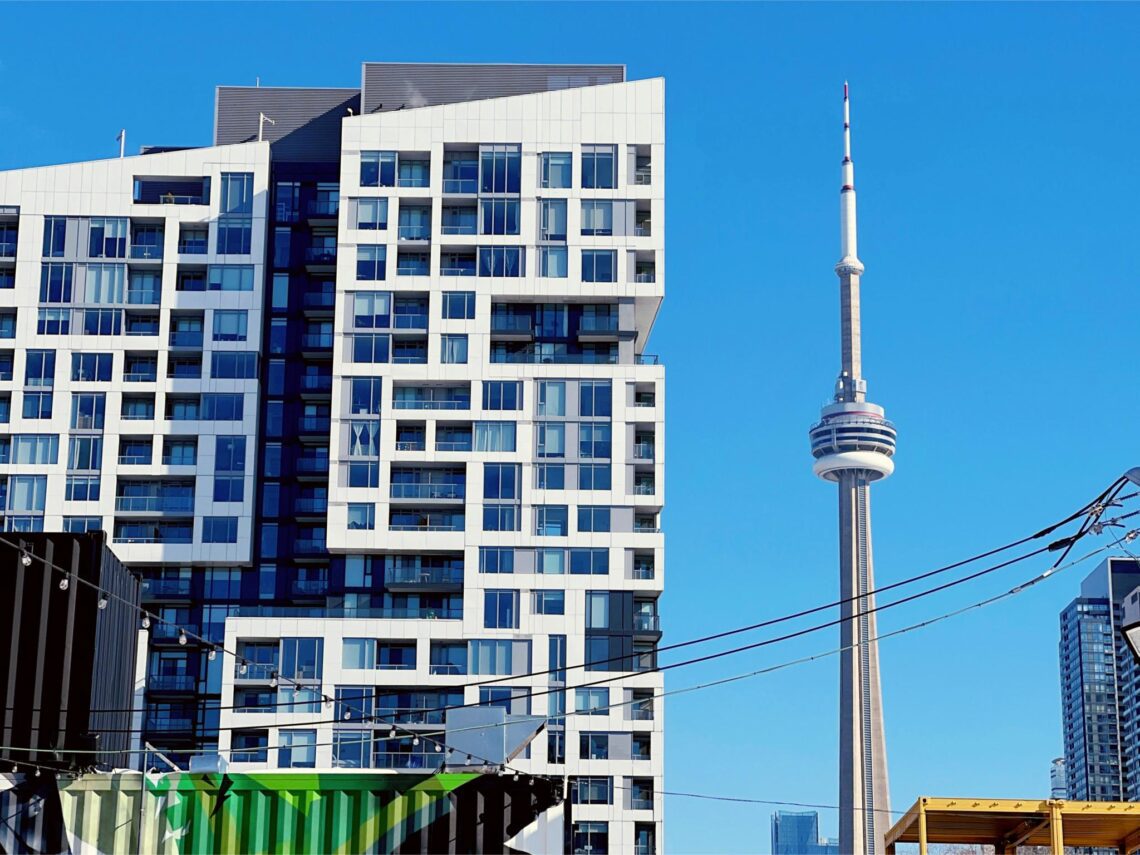
Toronto’s real estate market is in uncharted waters, and for the first time in over 20 years, we’re seeing signs that could change the game for homebuyers, sellers, and investors across the GTA. If you’ve been watching the market closely or considering a move, you might be wondering: what’s really happening with condo prices, and why should you care?
TL;DR:
Market Outlook: The future remains uncertain; watch for changes in interest rates, job market conditions, and demand dynamics to gauge the next steps in Toronto’s real estate market.
Toronto Condo Market Struggles: The market is experiencing its softest conditions since the 2008 recession, with condo prices facing potential declines.
Sales and Listings Imbalance: Condo listings are up 30% above normal levels, while sales are 25% below pre-pandemic levels, creating a glut of supply.
Price Decline Forecast: Prices have already dropped 5% since Q3 2023, with potential for further mid-to-high single-digit declines by early next year—the largest since 2000.
High Interest Rates and Weak Job Market: Higher interest rates and an 8% unemployment rate in Toronto are dampening buyer confidence and demand.
Opportunities and Risks:
Buyers: Opportunity to purchase at lower prices amid market pullback.
Sellers: Potential need to hold off on selling due to price declines.
Investors: Risky environment with a potential for further declines, but also opportunities if the market stabilizes.
Condo Prices: The Unexpected Dip
While Toronto’s housing market has faced ups and downs before, current conditions are the softest we’ve seen since the 2008 recession—excluding the pandemic period. Despite a slight 0.6% increase in home sales this August, the overall numbers are still staggering: a 32% drop below pre-pandemic levels, according to RBC economist Robert Hogue.
The big question is, why is the condo market, in particular, feeling the heat? The answer lies in a combination of too many condos and not enough buyers. The number of condo listings has surged 30% above normal levels over the past year, but sales are lagging at 25% below pre-pandemic levels. This means that for every condo up for sale, there are far fewer buyers looking to make a purchase. This imbalance has pushed the sales-to-active listings ratio to 60% below the long-term average—a critical signal that prices may continue to slide.
What’s Driving the Glut?
Several factors are contributing to this unusual situation. Higher interest rates are making it tougher for some buyers to secure mortgages, while investors, facing losses on their rental properties, are listing more units for sale. On top of that, a wave of newly completed condos is adding even more supply to an already crowded market.
And there’s another twist: the job market isn’t helping. Toronto currently has one of the highest unemployment rates in Canada, at 8%, following Windsor (9.2%) and Edmonton (8.6%). Fewer jobs mean fewer people are confident enough to buy, which could further dampen demand. This is adding pressure to an already complex housing crisis in the GTA.
What Does This Mean for Buyers, Sellers, and Investors?
If you’re a buyer, this could be your window of opportunity. Prices have already fallen 5% since Q3 of 2023, and there’s potential for another mid-to-high single-digit decline before early next year. It could be the longest pullback since 2000, presenting a rare chance to enter the market at a discount. Meanwhile, those who bought condos years ago may still see their equity hold up despite recent drops.
For sellers, it’s a challenging landscape. With prices dipping, some might consider holding off on selling, hoping for a rebound as interest rates drop and demand picks up again. But, with the number of condos under construction nearing a record high, any delay could mean facing even stiffer competition in the months ahead.
Investors, on the other hand, must tread carefully. The market is unpredictable, and while some factors could stabilize prices, like sellers pulling back or pent-up demand triggering a buying spree, there’s also the risk of further price declines if the job market weakens or supply continues to outpace demand. The situation of empty condos in Toronto adds another layer of uncertainty.
Why This Matters Now
The current state of Toronto’s condo market offers a mix of risks and opportunities for everyone involved. For some, it’s a chance to buy at lower prices; for others, a time to wait and watch. What’s clear is that the market is at a critical juncture, and the coming months will be decisive.
As we navigate these uncertain times, staying informed is more important than ever. Whether you’re buying, selling, or investing, understanding the forces at play will help you make the right moves for your future. Keep an eye on interest rates, job trends, and market activity—they could shape the next chapter in Toronto’s ever-evolving real estate story.
Only time will tell where the market will head next. Will sellers pull their units, causing prices to stabilize? Or will an unexpected economic turn bring more buyers to the table? Stay tuned—this story is far from over.
Contact Us
Equip yourself with the knowledge to navigate the complexities of the real estate landscape confidently.



